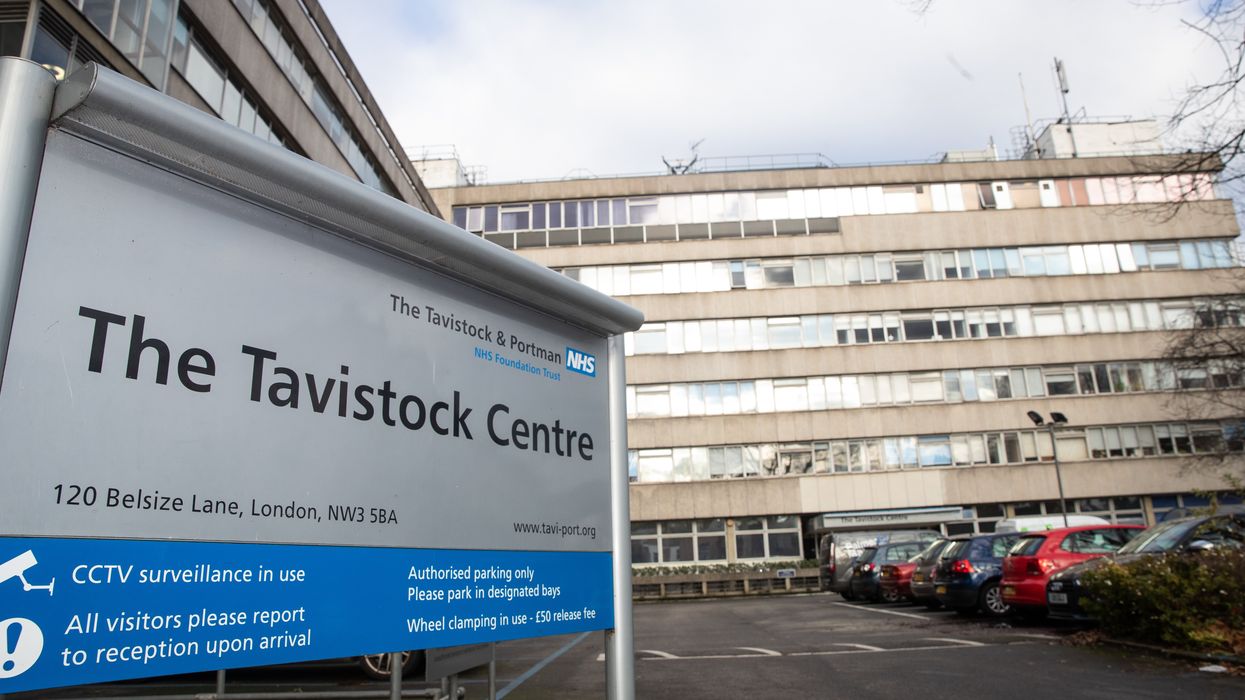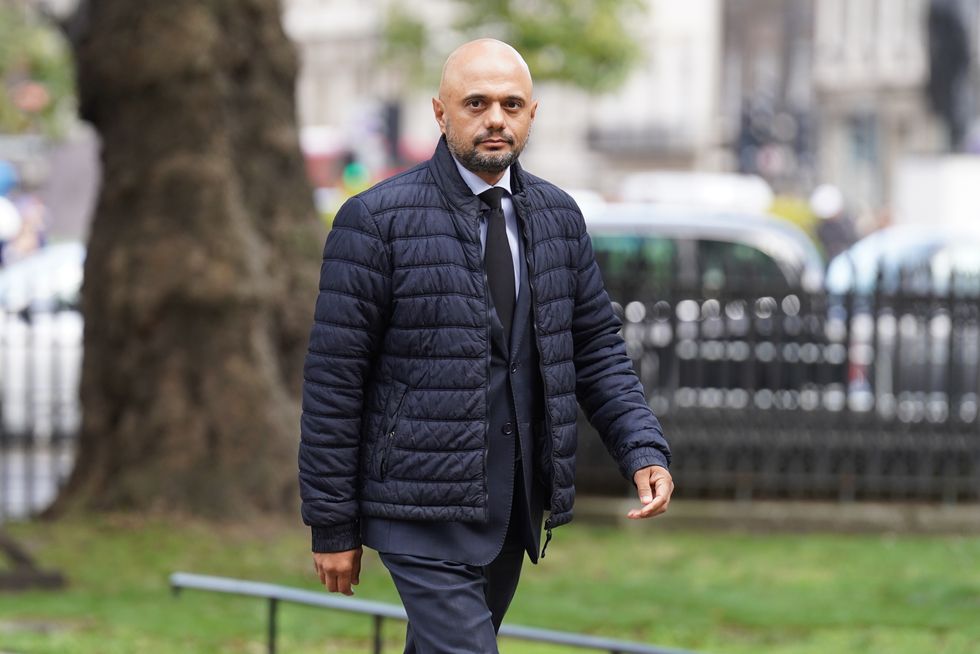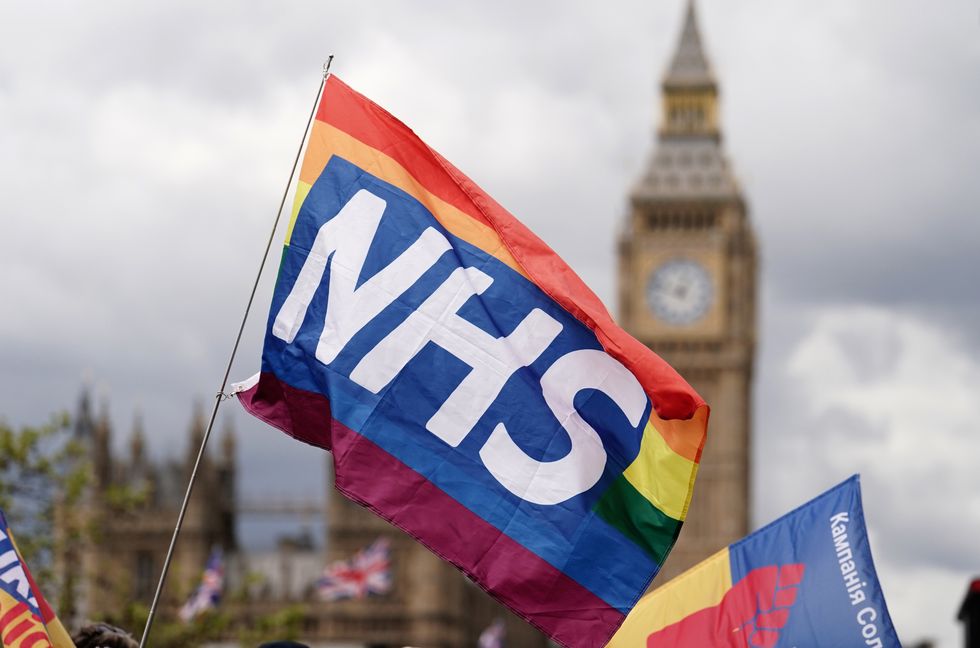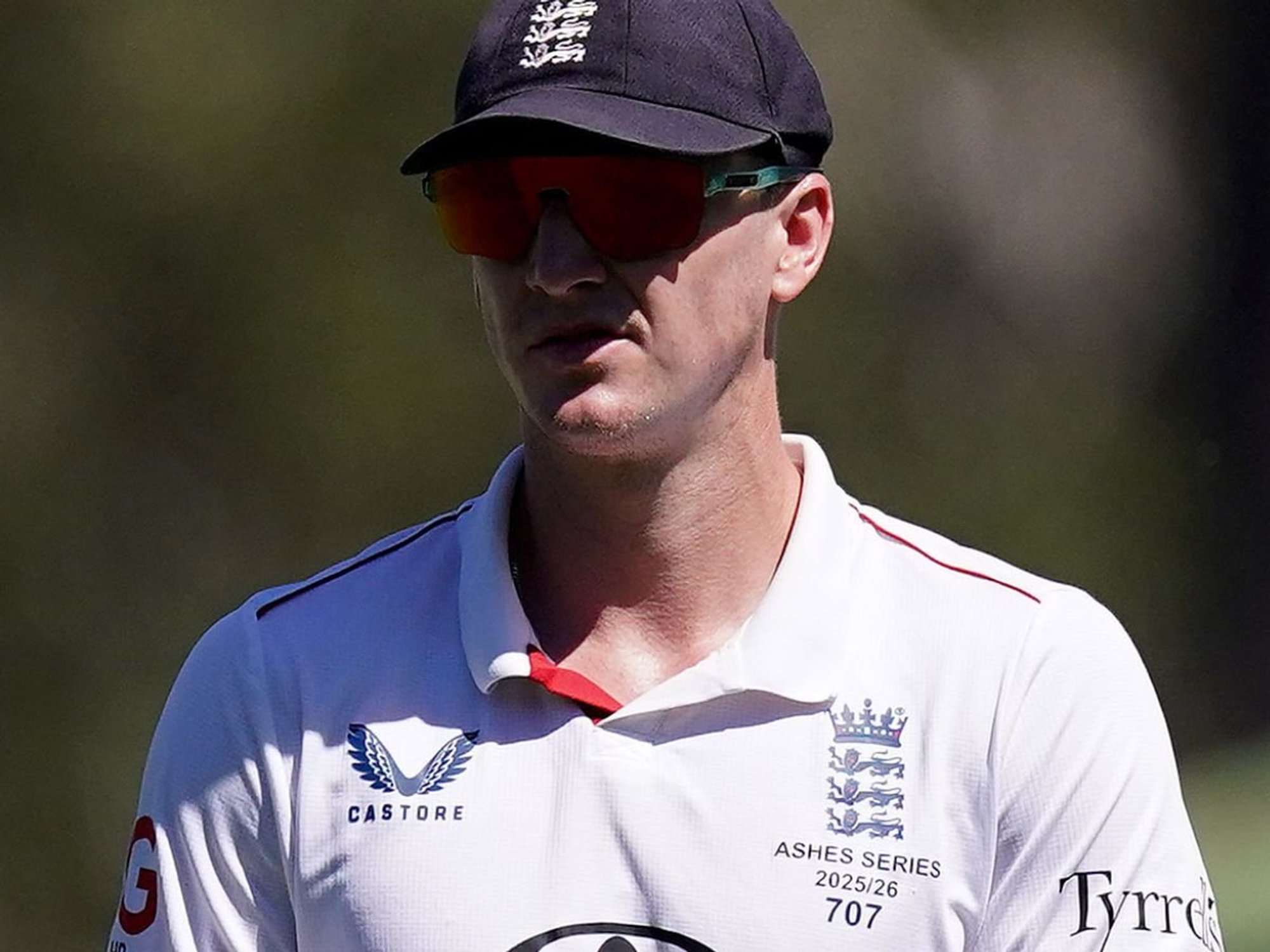Children being sent on 'irreversible' path as use of puberty blockers doubles despite NHS crackdown

The NHS is shutting down its gender identity clinic for children at the Tavistock and Portman NHS foundation trust after it was criticised in an independent review
| PA
At least 100 children have since been prescribed the treatment
Don't Miss
Most Read
Latest
The number of children being prescribed to puberty blockers has doubled, despite the NHS pledging to crack down on the treatment.
In July 2022, NHS officials said they would only prescribe puberty blockers to children attending gender identify services.
However, since this announcement, over 100 children have been given the drug which suppresses hormone release and “pauses puberty”.
The former health secretary, Sajid Javid MP, said the NHS needed to be “extremely cautious” as the rise “risks more vulnerable children being harmed”.
WATCH NOW: Trans kids book read to primary school children
A review of the treatment from Dr Hillary Cass in February 2022 called for a transformation in the care for those suffering from gender-related distress.
The interim report by Cass determined that there were “gaps in evidence” around the drugs.
The NHS agreed with Cass’ review and decided that puberty blockers should only be used in clinical trials.
However, between July 2022 and 2023, the number of children prescribed the treatment doubled.
It rose to 83, which is twice the average of the previous two years.
From July to October this year, Freedom of Information Requests to Leeds General Infirmary and University College London Hospital revealed an additional 17 children started the treatment.
NHS LATEST:

Sajid Javid MP, said the NHS needed to be “extremely cautious”
|PA
This brings the grand total of children on puberty blockers since the Government pledged to crack down to at least 100.
Javid, who gave the Cass Review extra-legal powers when he was health secretary, said he had been “determined to protect vulnerable children from an overly affirmative approach”.
“This increase risks more vulnerable children being harmed. Given the impact is permanent and life changing, the NHS should be extremely cautious – as recommended by the Cass Review,” he told The Telegraph.
Dr David Bell, a consultant psychiatrist and Tavistock whistle-blower, told The Telegraph that they caused “considerable damage”.
“It is not the case that the safety of puberty blockers is ‘unknown’. We know quite a lot. There are serious concerns about bone mineralisation and long-term cognitive effects,” he said.
“We know 98 per cent of children starting puberty blockers go on to take opposite-sex hormones, and a very significant proportion of those go on to have surgery,” he added.
“They are being started on a pathway which is highly likely to be irreversible. Once you start them on that path, it creates a self-fulfilling prophecy.”
 The NHS has come under frequent criticism for being too 'woke' | PA
The NHS has come under frequent criticism for being too 'woke' | PAHe said the clinics’ overreliance on prescribing them meant that other conditions were not being diagnosed.
She also called for the closure of Tavistock clinic, the NHS' gender identity clinic for children, stating that it operated an “affirmative, non-exploratory approach” in diagnosing gender-related issues.
New clinics replacing the Gender Identity and Development Service (Gids) were set to open this year, however have been delayed.
They are now expected by spring of 2024, The Independent reported.
Cass said many children referred to Gids have complex needs that can overlooked and around a third have a type of neurodiversity condition instead.
Around 8,000 are currently waiting for treatment and will be transferred to a new clinic once Tavistock is closed.










